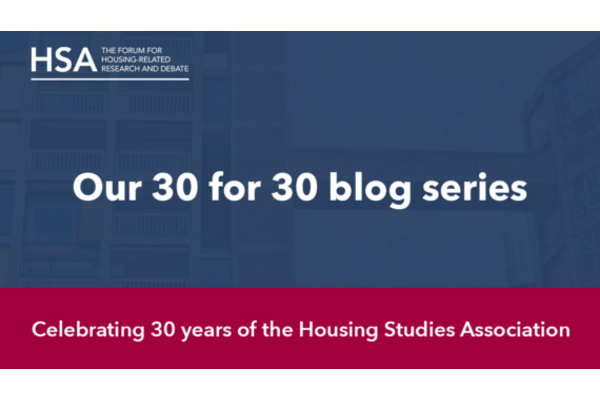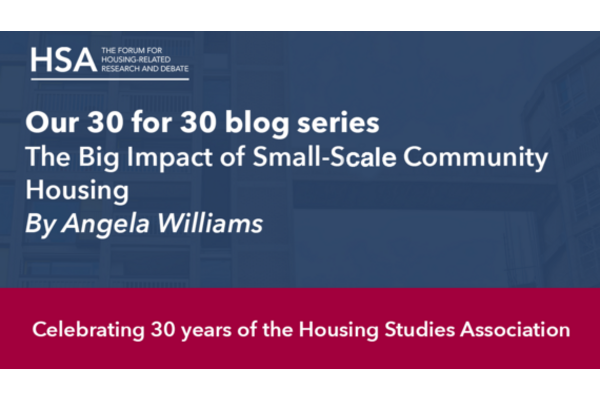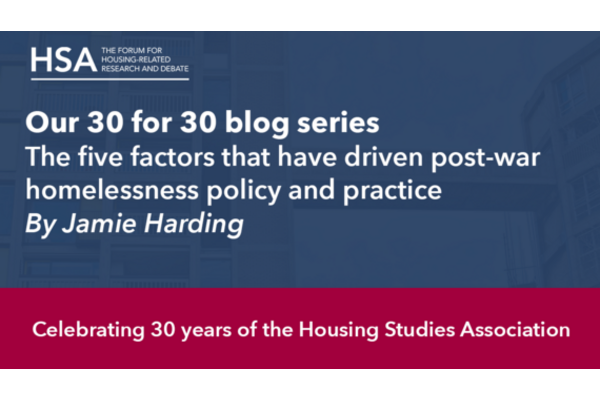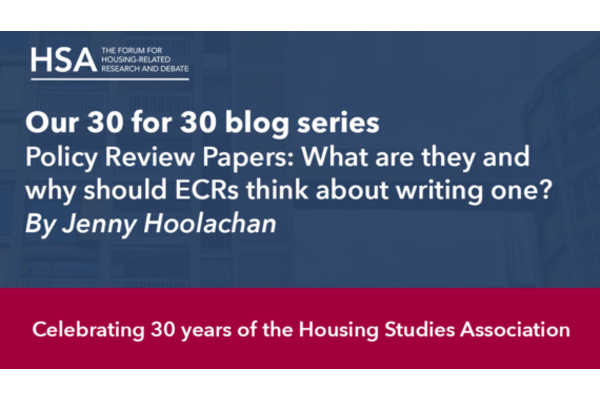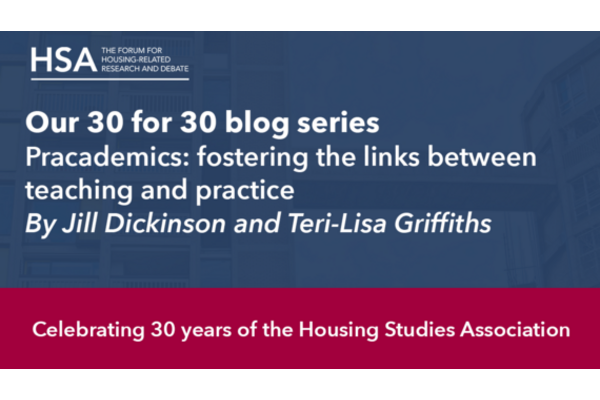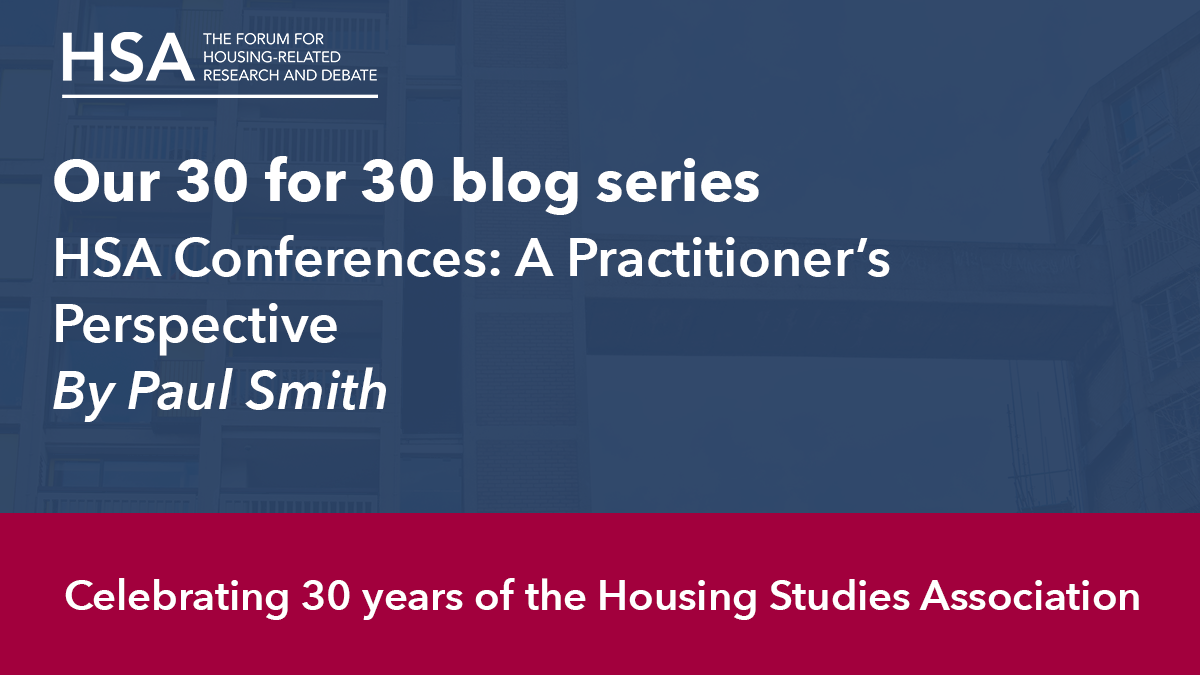
I am a housing practitioner and not an academic, I just like hanging out with clever people. I joined the HSA some time ago as its work fitted with my research activity in the sector, I can’t remember how long ago, certainly not 30 years ago but more than ten and I’ve attended 3 or 4 HSA conferences, all in York apart from the most recent real life one, in Sheffield.
I have found the HSA conferences to be among the most stimulating and diverse in the sector. A session at an HSA conference could cover one person speaking on shanty towns in Chile, the next on homelessness in Abergavenny and the third on architecture in Australia. There is always a unifying theme but you need a PHD to work out what it is.
It has always surprised me that so few housing professionals attend these events. The conferences are truly content led and content rich. Topics tend to be discussed two years in advance of them hitting the policy world or mainstream conferences. Attendance at the HSA gives you a glimpse into the future, as ideas can be tested with academic research prior to being floated more generally. The HSA also cleverly blends international perspectives with domestic approaches and a strong contingent from Scotland always ensures that we have a real sense of the differences, usually better, from North of Hadrian’s Wall. I have always left the HSA conference with some challenging thoughts, interesting ideas and an overstimulated brain.
Of course, the HSA is not just the conference it is also the network. Making contacts with academics from across the UK and keeping up to date with what they are publishing is invaluable. Some of the work conducted and promoted by members, for example, has been very useful in providing an evidence base for approaches to tackling homelessness. Engaging academics in direct work can also be helpful, they are seen as being professionally impartial as well as being experts in their field. I have drawn on the expertise of Alex Marsh more than once when I was responsible for housing in Bristol.
The HSA represents a valuable resource which enriches and informs the sector, if the sector wants it to. However, there are a couple of caveats. Firstly you must never expect certainty from an academic, the first rule of research projects is that their recommendations always include the need for more research. The second is that some of the language can be impenetrable to the non-academic, so I have decoded a few for you here:
Ethnographic A pie chart showing the background of HSA conference delegates
Social Discourse Talking while eating
Empirical Evidence Evidence using measurements in feet and inches
Qualitative Research Talking to a few people in the pub
Quantitative Research Counting the number of people in the pub
Dependent variable A pet, usually a cat
Correlate Working to academic timescales.
I would recommend that anyone with an interest in housing policy or research joins the HSA and mines the knowledge and intelligence that resides there.
Paul Smith CIHCM
Chief Executive of Elim Housing Association


